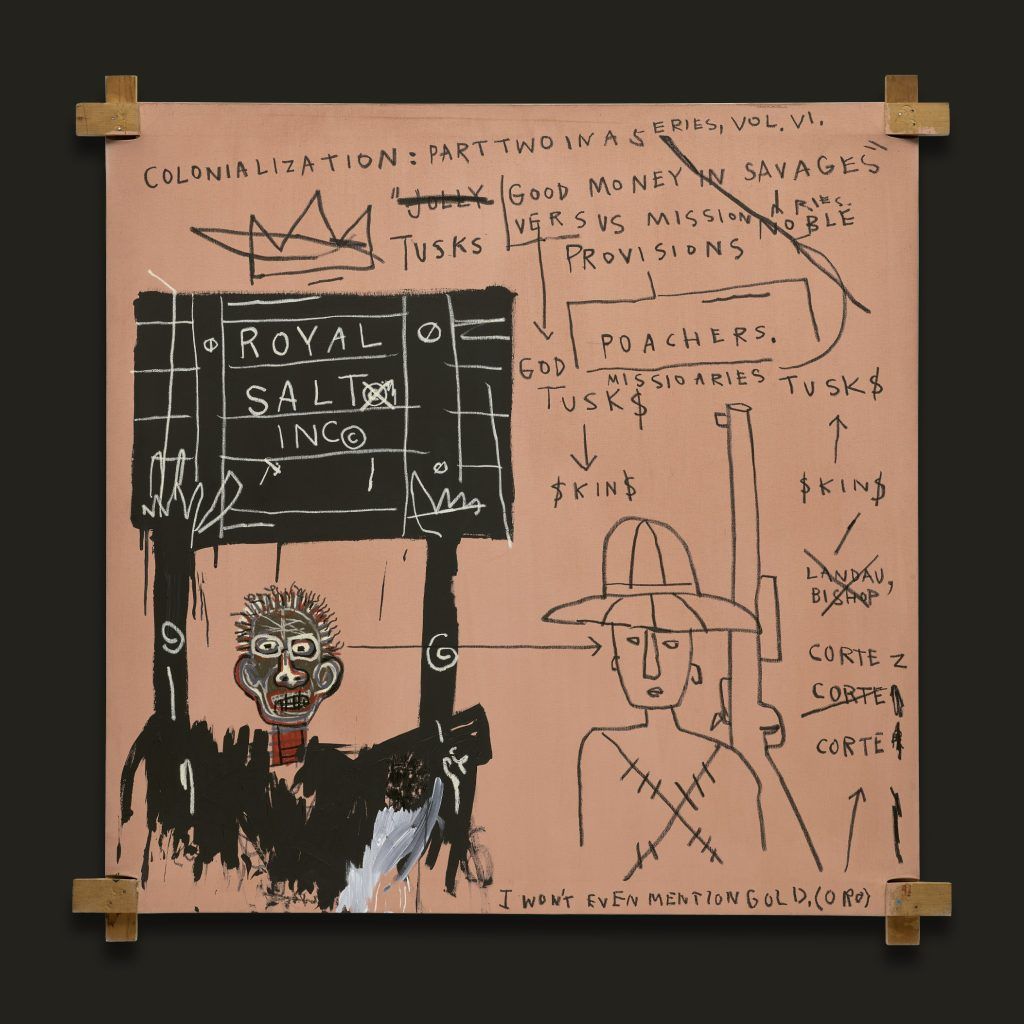Whether it’s the everyday dilemma of daily life or a life-altering decision to move countries – we often find ourselves stuck in situations. Unfortunately, we can never truly know if we’re making the right decision. Or is there really a right decision? In the end, you’ll never fully know the results of your decisions – are they actually solving the problem or merely hiding it and delaying the solution? Or worse, is your decision sowing the seeds for bigger problems in the future? Thankfully, ‘I-Ching’, or the ‘Book of Changes’, has been acting as an oracle and guide to get on the path of better decision-making, helping you resolve problems and dilemmas that even logic can’t solve. Here’s a beginner’s guide to I-Ching or Yijing – one of the oldest Chinese texts for human decision-making. Keep reading!
I-Ching/ Yijing: The Chinese philosophy of change

I-Ching is believed to be the world’s oldest oracle, putting in place an effective decision-making system that helps you get clarity not only on your current dilemmas, but also on managing change over time. Believed to be in existence since 1000 BC, I-ching has been used by Chinese sages, leaders, and other important personalities over the years for wisdom and assistance in making pertinent decisions.
Many believe that I-Ching was invented by Fu Hsi, a legendary emperor of China, alongside King Wen, the Duke of Jou, and Kungtse. Much of the modern I-Ching as we know it today has been written and adapted by scholars and Yijing masters over the past 2,000 years. Its profound wisdom has attracted a huge following outside of China. People in countries like India, Africa, and Europe as well as in the West and the Americas use it to navigate the complexities, volatilities and uncertainties of today’s world.
Understanding the book of I-Ching
I-Ching has many Western translations as of today, the most influential one being Richard Wilhelm’s 1923 German translation. Translator Cary Baynes penned its English version in 1950. Offering a beautiful blend of imagery and advice, philosophy and poetry, I-Ching comprises 64 chapters. The book presents the sixty-four hexagrams of the I Ching with their texts and interpretations that’ll guide you to live harmoniously with the immutable law of change.
The book interprets hexagrams (a pile of six lines, either broken or solid) formed by tossed coins that further form answers to questions about the future. The answers/ predictions about future events are discerned through a numerical method of Yin and Yang Yin – with the Yin representing a broken line and Yang a whole line. All you have to do is build a hexagram according to the result of coin tosses (or alternate methods like sorting yarrow sticks or pulling marbles out of a bag). Don’t worry, the book will explain how this works and it’s really very easy!
After this, you’ll come across a collection of texts. If one or more of your lines changes from solid to broken or the other way around, there are additional line texts to read and there’s a second hexagram that’s formed after the lines have changed. A hexagram is more than just a chapter reading. It’s basically a picture of how the energy is flowing in a particular situation, which helps reveal the future.
Here’s a step-by-step guide to understanding how the I-Ching principle works:
- Three coins for divination are flipped six times to form six lines of hexagrams.
- Each side of the coin represents either the Yin or the Yang.
- The book of I-Ching then deciphers the meaning of these hexagrams in relation to the question asked.
- There are 64 different configurations of the hexagram. Each coin throw builds one line from bottom to top.
- Each hexagram talks about a process in nature, revealing whether you’ll witness success, happiness or be struck with misfortune.
Benefits of I-Ching: What can you achieve with it?

Improved decision making
Good decision-making skills are the key to transforming a dreadful situation into a more enterprising one. The hexagrams and statements clearly spell out the importance of decision-making. The insights that arise after interpreting the hexagrams make dilemmas easier to manoeuvre. With the help of I-Ching, you can transform stressful circumstances into confidence-boosting opportunities as well as get clarity about your confusing relationship dynamics.
When life throws challenges at you, it’s easy to let your emotional side take centre stage, impair your logical thinking and make decisions in an overwhelming state. With I-Ching, you can make decisions which are easier to live with.
Acceptance and fearlessness
Because changes are happening around us all the time, we must find ways to navigate and understand their complexities. By stressing that we need to make difficult decisions in this constantly altering landscape, the authors of ‘I-Ching: The Book of Change’ aren’t trying to make us excessively worried. They’re simply telling us to be aggressive as well as active in reforming our situation. Your fate simply rests on your wisdom of what you can or cannot do. The philosophy of change is refreshing as it allows us to be spontaneous and cope with the complexities of life.
Mental clarity
By helping one establish a non-emotional state to solve a problem or dilemma, I-Ching allows for decisions to be made with more clarity. Being clear about the situation at hand is the biggest step to reaching its best resolution.
Calms your nerves
You make the best decisions when your mind is free and devoid of any stress. The I-Ching/ Yijing allows you to focus on issues of personal importance. It aligns the conscious and the subconscious parts of your mind to attain a peak tranquil state that results in more wisdom.
Helps you take a more rational approach
Skillful non-attachment gives you an upper hand in any situation, helping you forge more creative and long-lasting solutions to a problem. Practicing I-Ching gives you the courage to maintain a healthy emotional distance from your problems. Less emotional attachment makes the situation look less threatening and fearful, giving you a strong hold on your mind.
Hope this guide helps you kickstart your journey with I-Ching/ Yijing
(Hero image credit: Sora Shimazaki/ Pexels)
(Feature image credit: Karolina Grabowska/ Pexels)
Frequently Asked Questions (FAQs)
- How does I-Ching help?
I-Ching or Yijing is a Chinse philosophy that helps you get on the path of better decision-making.
-
How to predict the future with I-Ching?
By throwing coins multiple times, taking note of how they land and interpreting the patterns, you can navigate your future affairs using I-Ching.
-
Which translation of I Ching is best?
I-Ching has many Western translations as of today, the most influential one being Richard Wilhelm’s 1923 German translation.
















